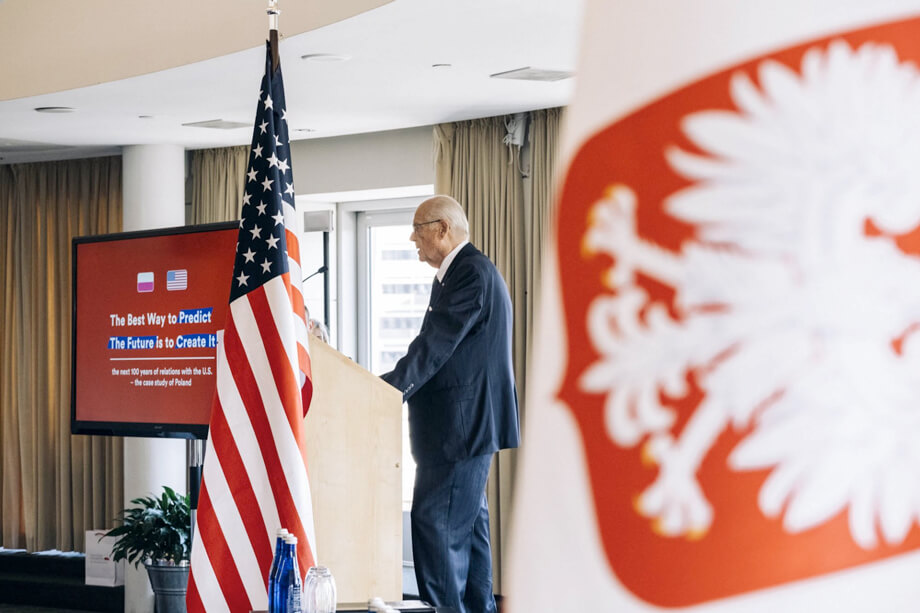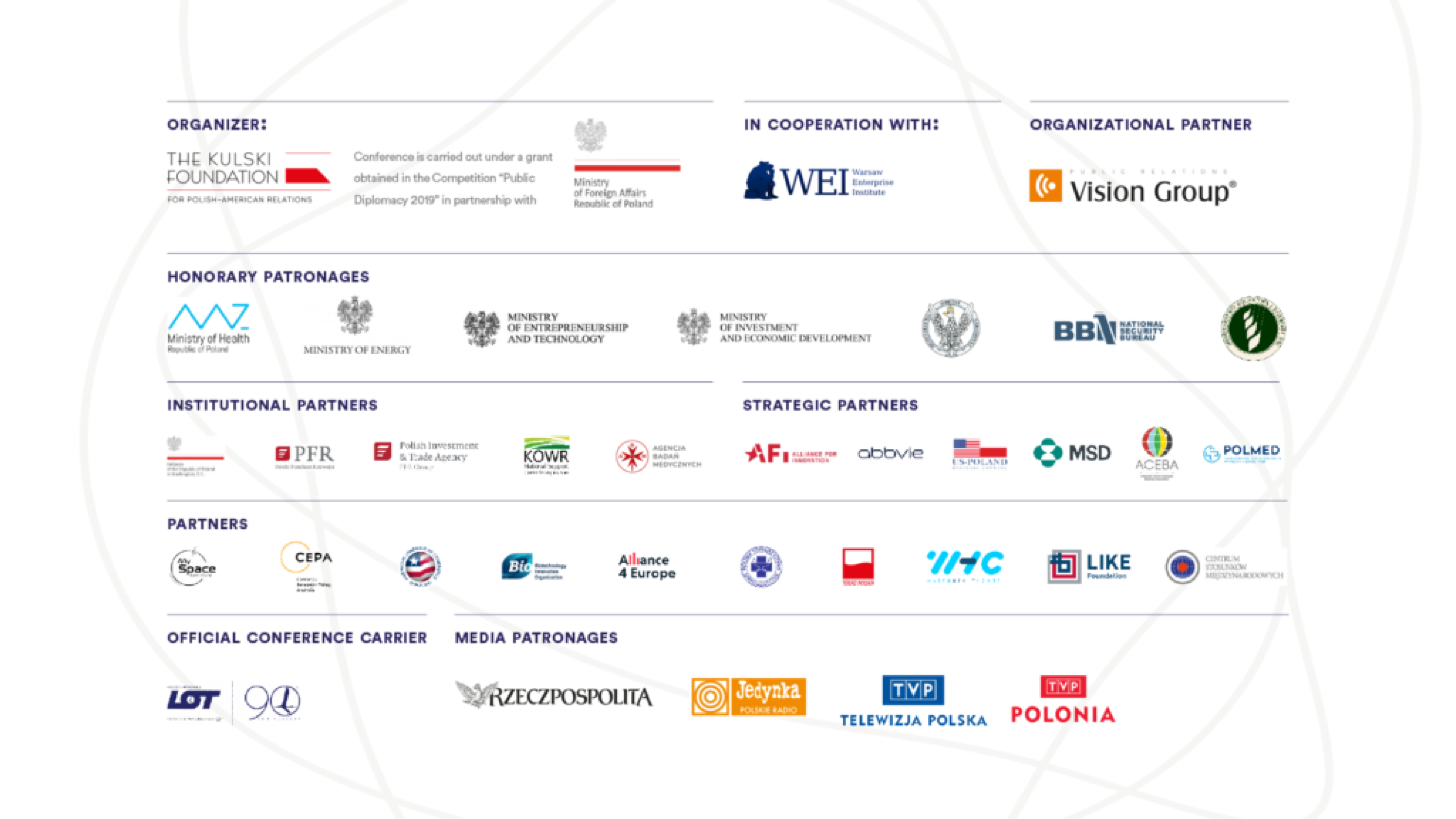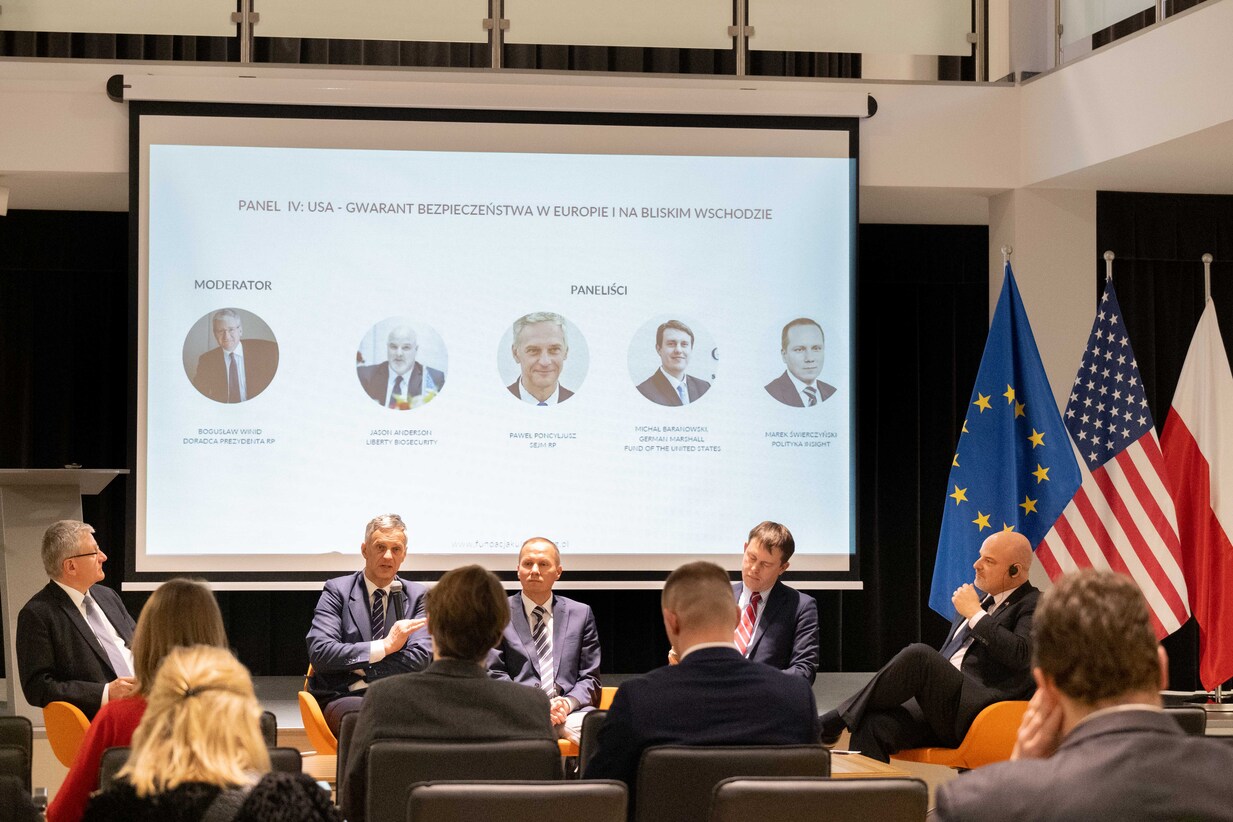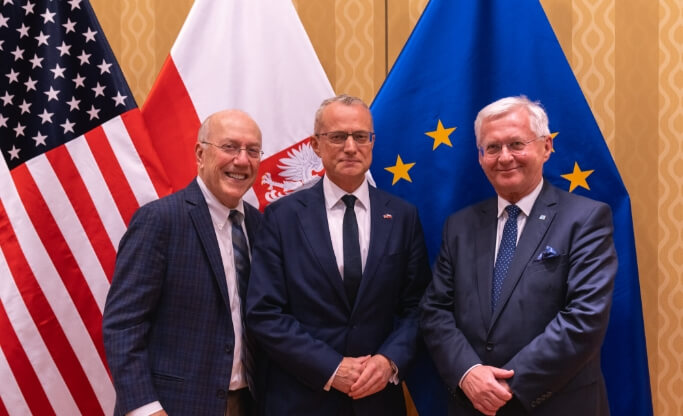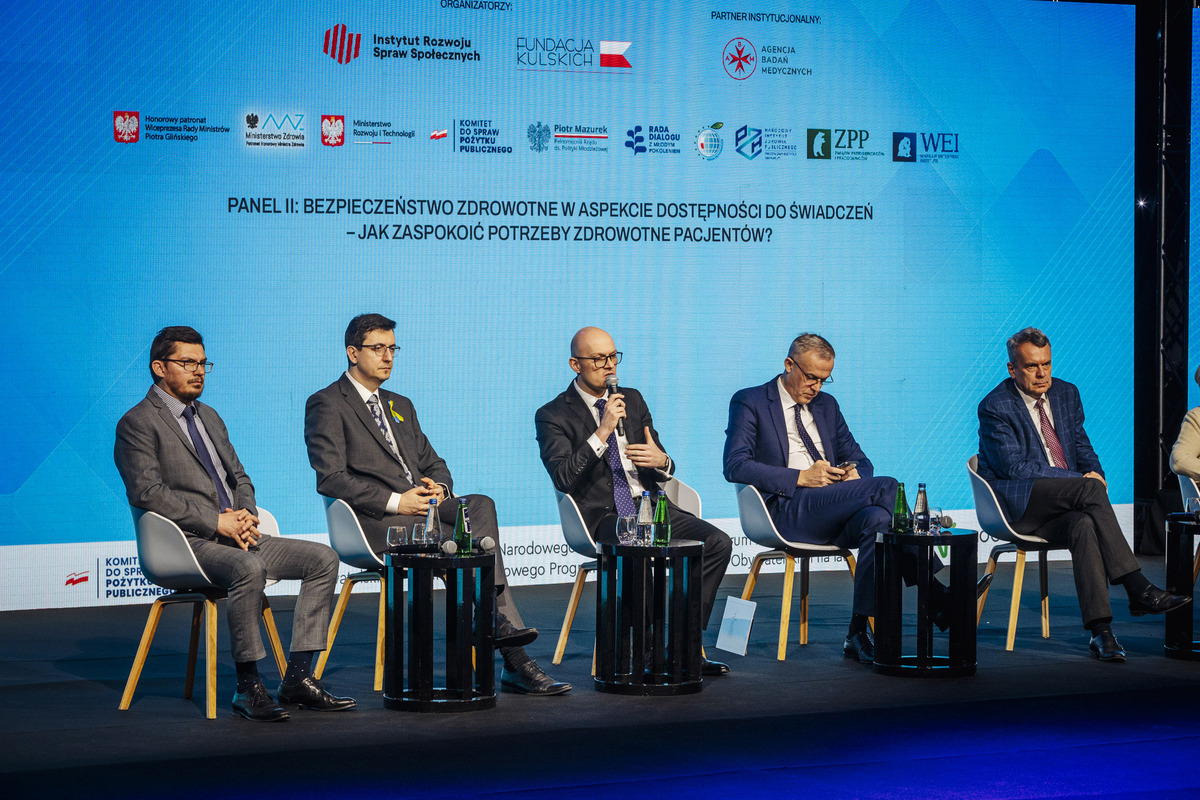Security situation development of Poland and NATO’s eastern flank as a factor determining the development of the arm industry and the state’s defense potential.
The panel on defense was moderated by Marek Świerczyński on behalf of Polityka Insight – one of the leading Polish experts in the field of defense policy and international geopolitical conditions.



